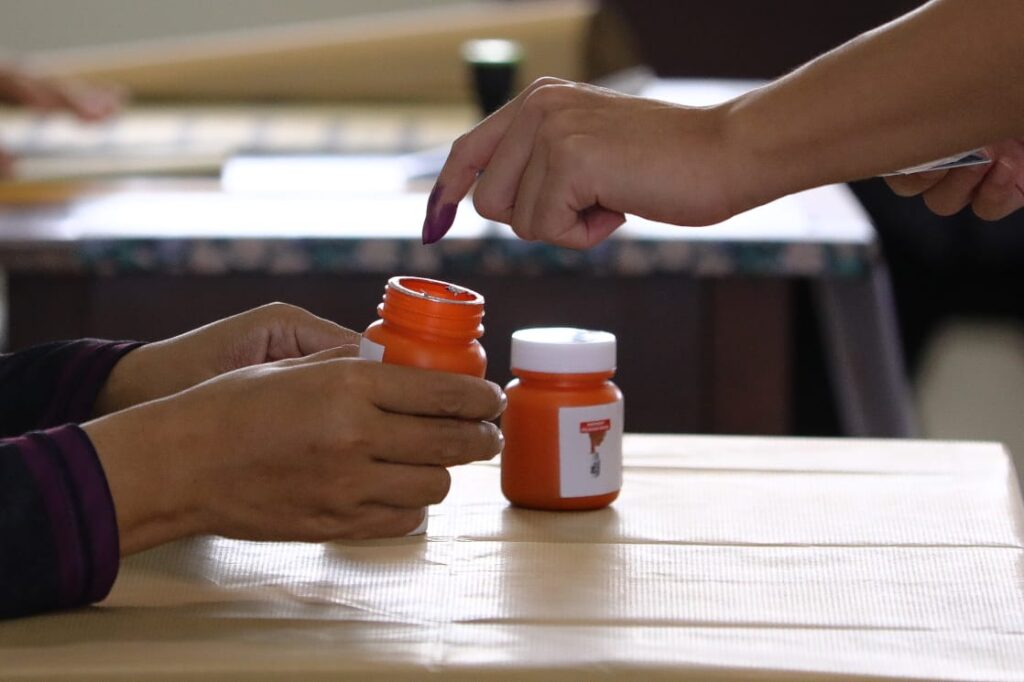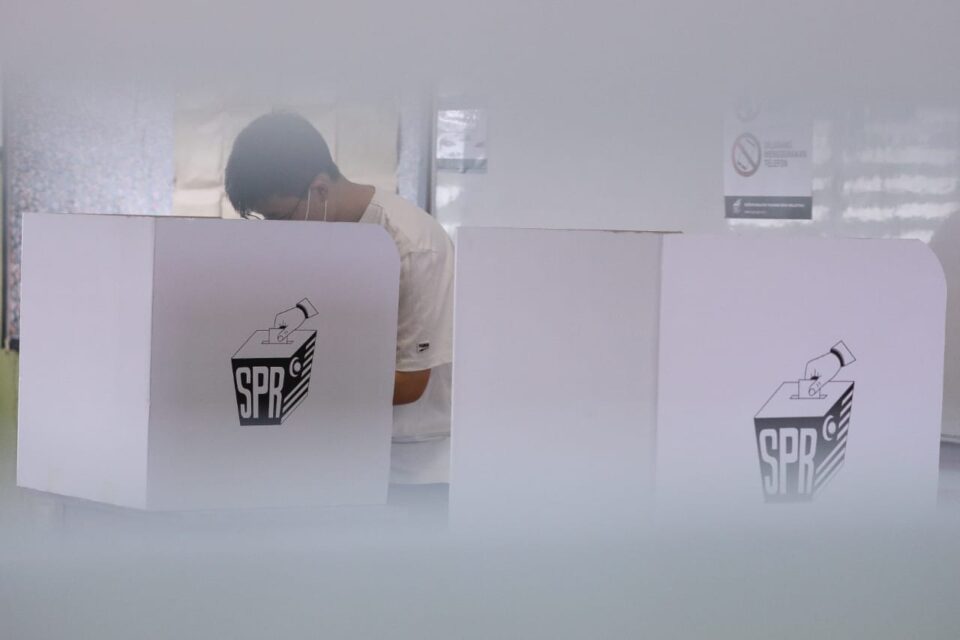By Ida Nadirah Ibrahim
THE Malaysian 15th general election (GE15) in 2022 was one of the most highly-anticipated political events in the country.
For the first time in Malaysian history, the outcome of a general polls resulted in a hung parliament, leading to the creation of a Unity Government through an Umno-Pakatan Harapan (PH) alliance.
The general polls, held in November of last year, were also the first time the country saw a majority of states choosing not to participate in GE15.
While the states of Sabah, Sarawak, Johor, and Melaka did not hold an election because their periods had not yet achieved maturity, Kelantan, Terengganu, Kedah, Selangor, Negeri Sembilan. and Penang had not dissolved their legislatures as their terms only end in 2023.
In the coming two or three months, the six states are slated to hold their state elections and were reported to be seeing ‘eye to eye’ on the prospect of holding the polls simultaneously to save costs and time.
Malaysians in the six states will be heading to the polls to elect their state representatives, and the results will be scrutinised by political analysts and observers across the country, much like during the recent GE15. Selangor, in particular, will be a state to watch.
As one of the most populous and politically active states in Malaysia, Selangor is often seen as a bellwether state that could determine the political direction of the country. With the outcome of GE15, Selangor is expected to be hotly contested, with both the ruling coalition and opposition parties vying for control.
Merdeka Centre for Opinion Research cofounder Ibrahim Suffian, who has followed the country’s political landscape for many years, recently shared with Selangor Journal his insights on the results of GE15 as well as the public perception towards the current Unity Government, and its impact on the upcoming state elections.

Voter behaviour
In the November 19 polls last year, the Election Commission recorded a final voter turnout of 73.89 per cent, indicating a high level of political engagement among Malaysians.
While this can be read as a positive trend for the upcoming state elections, as it suggests that Malaysians are becoming increasingly politically aware and engaged, Ibrahim noted that the voter pattern observed in GE15 may not necessarily be repeated.
“It is hard to speculate on voter turnout as sometimes events closer to the election date may encourage or discourage people to vote.
“Thus far, we’re seeing a likelihood that it may be a little lower than the November GE. This is because some people are not taking the trouble to take the time to return to their hometowns to cast their ballots or because they believe that their vote won’t have a big impact on the outcome,” said the programmes director.
While GE15 saw a shift towards younger voters and urban constituencies, state elections are often influenced by more localised issues, making it difficult to predict how the state elections will pan out as each state may have a different set of factors that will impact the voter pattern.
Ibrahim said that many of the voters would make their choice based on party preference.
However in the context of Selangor, Ibrahim said that there is a significant difference in party preference for Federal and state levels.
“During the last general election as well as for the upcoming election, it appears to be fairly clear that for the vast majority of voters, their choices will be made along preferences towards the party.
“There is, however, an exception among young voters and some women voters that are within the Malay segment of the electorate as they look into factors such as personalities and issues.
“As for Selangor, PH has a significant advantage over others, perhaps on account of its presiding over the administration over the past three terms,” he said.

Shifting sentiment
One of the factors that will play a significant role in the state elections is public perception towards the current Federal government.
In February, a survey by Merdeka Centre found that the approval rating for Prime Minister Datuk Seri Anwar Ibrahim stood at 68 per cent and some 48 per cent of the 1,209 respondents said that the country was moving in the right direction under the 10th premier’s leadership.
Ibrahim said based on more recent findings that are yet to be made public, there are changes in the voter sentiment towards the present Unity Government.
However, he said the sentiment could change and the current government would have to work hard to ensure that it continues to gain public confidence.
“Particularly in younger Malay voters, they are warming up to Anwar and PH, such that it offers PH slightly better prospects in their contest with PN (Perikatan Nasional).
“At the same time, this change in sentiment is ‘soft’ and could be fleeting … PH really has to work hard to articulate its agenda to this segment (young Malay voters) and outline its proposed actions for the coming term.”
Ibrahim said that the prospects are more challenging for Umno as the Malay-majority party has to improve its image following the party election in March, which saw the dismissal of several of its popular figures.
He said that this stands in stark contrast to PAS, which he said remains stable and has a grassroots machinery that is highly motivated as a result of its successful performance in the most recent general election. But even so, Ibrahim said the Islamist party would not be able to wrestle Selangor away from PH as it would not be able to win the votes of the non-Malay constituents in the state.

Racial lines
Although there is an indication that the constituents are divided along class lines, Ibrahim said that the political parties continue to draw the support of the voters based on ethnicity.
He said while PH would be reliant on high turnout from the non-Malay voters to win at the marginal seats and obtain at least one-third of the Malay support, Barisan Nasional (BN) is said to benefit from its alliance with PH as it would mean that they would gain the non-Malay support that has been elusive for the past 15 years as its Malay support has significantly eroded.
“The key question would be Umno’s ability to retain its support base among Malays as the party typically contests in seats where Malays make up over 70 per cent of the electorate.
“In such areas, Umno needs to keep at least 40 per cent support in order to have a chance of winning against PN,” said Ibrahim, adding that PN appears to have captured just over one-half of the Malay electorate, which puts them at an advantage in at least 15 Selangor state seats where Malay voters make up 70 per cent or more.
Recently, the Opposition party was reported to have voiced their confidence in capturing Selangor in the upcoming state election, aiming to win 33 of the 56 state seats.
While GE15 has set the stage for an exciting and unpredictable state election in Selangor and across the country, it remains to be seen how the national and local factors will play out and what impact they will have on the political landscape of Malaysia.
This article first appeared in the Selangor Journal monthly May 2023 edition, published on May 13, 2023.





